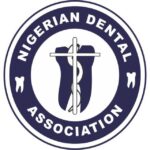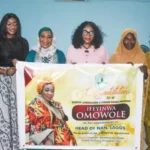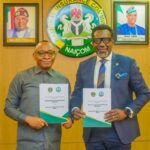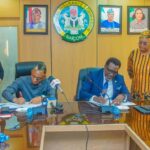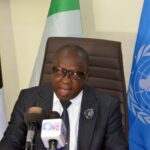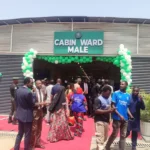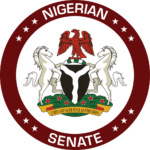By Franca Ofili
The Federal Government has reaffirmed its commitment to integrating self-care into the daily lives of individuals, families, and communities across Nigeria.
Dr Samuel Oyenyi, Director and Head of the Reproductive Health Division at the Federal Ministry of Health and Social Welfare, said this in Abuja during a self-care awareness-building workshop for media professionals.
The workshop, themed “Media as a Catalyst for Advancing Self-care for Sexual, Reproductive, and Maternal Health (SRMH) in Nigeria,” aims to enhance media engagement in promoting self-care practices.
Oyenyi emphasised the importance of self-care, especially in the wake of the COVID-19 pandemic, which exposed the vulnerability of many Nigerians who lacked access to timely healthcare.
“During the COVID-19 period, many people didn’t know what to do and couldn’t access healthcare services.
“This is why we must now look back and ask: how can we improve the quality of care, even from our homes? Self-care must become part of our lives, individually, as families, and as communities,” he said.
He described self-care as a necessary form of preparedness, not just during emergencies, but as a continuous lifestyle choice.
“As we mark International Self-Care Day, we aim to raise awareness and scale up practices that help people take control of their health.
“That includes access to accurate information, which is where the media plays a crucial role.”
The News Agency of Nigeria (NAN) reports that International Self-Care Day is observed annually on July 24 with the global theme “Self-care for a Healthier Future.”
The day highlights the role of self-care in promoting health and well-being, particularly for marginalised and underserved populations.
Dr Nana Chidi-Emmanuel, Chairman of the Board of Trustees at White Ribbon Alliance Nigeria, emphasised the call for media engagement, urging journalists to be proactive in reshaping public narratives around self-care and SRMH.
“The media can advance self-care by providing accessible and accurate information, amplifying marginalised voices, and promoting positive representations.
“Through various platforms, you can help normalise discussions around sexual and reproductive health and offer resources that empower individuals,” she said.
She added that media content should be informative, inclusive, and tailored to the needs of disadvantaged communities, helping to dismantle barriers and promote health equity.
“Your reporting has the power to shift public understanding and encourage evidence-based self-care practices, especially in a country like Nigeria where healthcare access remains a challenge,” Chidi-Emmanuel said.
Also speaking at the workshop, Dr Femi James, Technical Officer at the World Health Organisation (WHO), emphasised the importance of equipping the media with accurate and up-to-date information.
“We recognise the critical role media plays in reaching the public.
“This workshop is designed to empower journalists with the right tools to communicate self-care practices effectively,” he said.
NAN also reports that the event marked a collaborative step toward ensuring that self-care becomes a cornerstone of health delivery in Nigeria, leveraging media platforms to educate, inform, and inspire healthier behaviours nationwide. (NAN)(www.nannews.ng)
Edited by Abiemwense Moru

